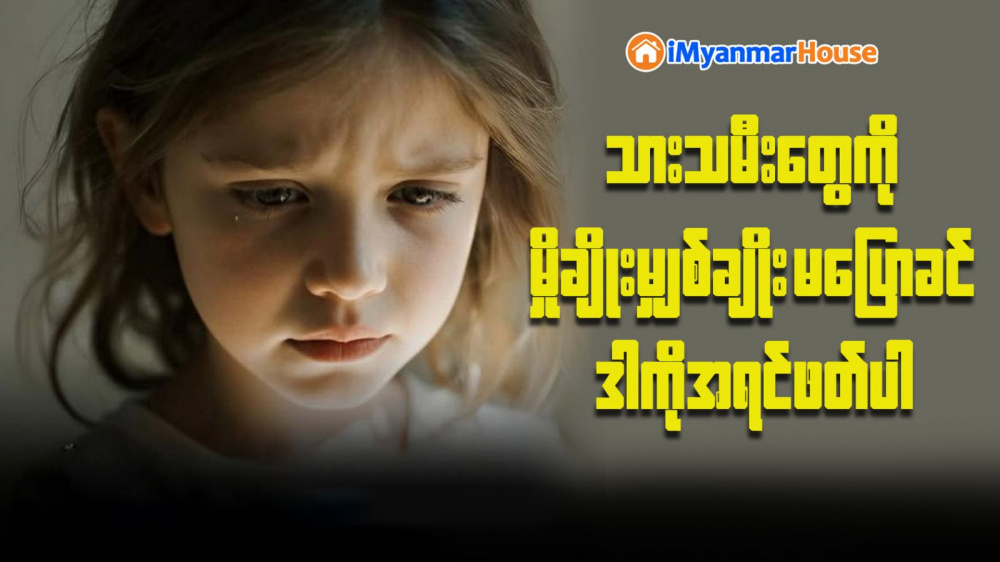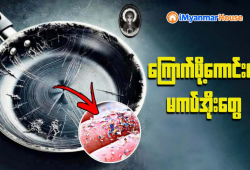
Foreign Property News | Posted by Si Thu Aung
“Look at them, they can do it so easily. Why can’t you?” You always make the same mistake! How many times do I have to tell you? How. Many. Times.”
These were the kinds of words I often heard as a child — usually shouted, with a voice so loud it felt like it came from 500 miles away, even though the person was standing just two feet in front of me. I’d stand there, head down, fighting back tears.
And in my mind, I’d start cursing myself: Why am I so stupid? Why can’t I do something so simple? I blamed myself endlessly. Sadly, this kind of treatment was considered normal in the environment I grew up in. No one seemed to realize the deep, lasting impact such words could have on a child well into adulthood. Neither did I — at least, not until now.
Without realizing it, I grew up constantly comparing myself to others. I became my own harshest critic, always wondering why I couldn’t be as good, as smart, or as capable as someone else.
These thoughts became a daily part of my life, playing on repeat in my head like a song I couldn’t turn off.
No matter how much I achieved in the eyes of others, I always felt like I was still not enough.
I always saw myself as lesser — less successful, less worthy, less everything. And one day, I stopped and asked myself: Why do I think this way? Then, childhood memories began to resurface. Slowly, painfully, I started to see the source. And now, I’m trying to unlearn those thoughts.
I’m learning to love myself, to believe that I’m just as good and just as capable as anyone else. But when you’ve lived your whole life under the weight of self-doubt, it’s not easy to let go. Even now, I still catch myself comparing, still slipping into old patterns of self-blame.
So I’m writing this — for the parents out there, and the ones who will become parents someday. Maybe these words can help protect the next generation of children.
When you criticize your children, they don’t stop loving you — they stop loving themselves.
You might forget the words you said. Life goes on.They’ll still love you just the same, because children always do. But inside, something shifts. They start to forget how to love themselves.
They begin to curse themselves for the smallest mistakes. Those words, those moments, stay in their minds like ghosts — replaying over and over.
Appreciate their efforts, correct their mistakes with kindness, not cruelty. Trust me, these seemingly small things matter deeply. They shape a child’s sense of self, their confidence, and their capacity to love themselves.
Together, let us break the chains of childhood trauma passed down through generations, and gently shape a new legacy — a generation whose early years are filled with love, laughter, and the freedom to simply be joyful.
Ref: When You criticize Your Children, They Don’t Stop Loving You — They Stop Loving Themselves (medium)









